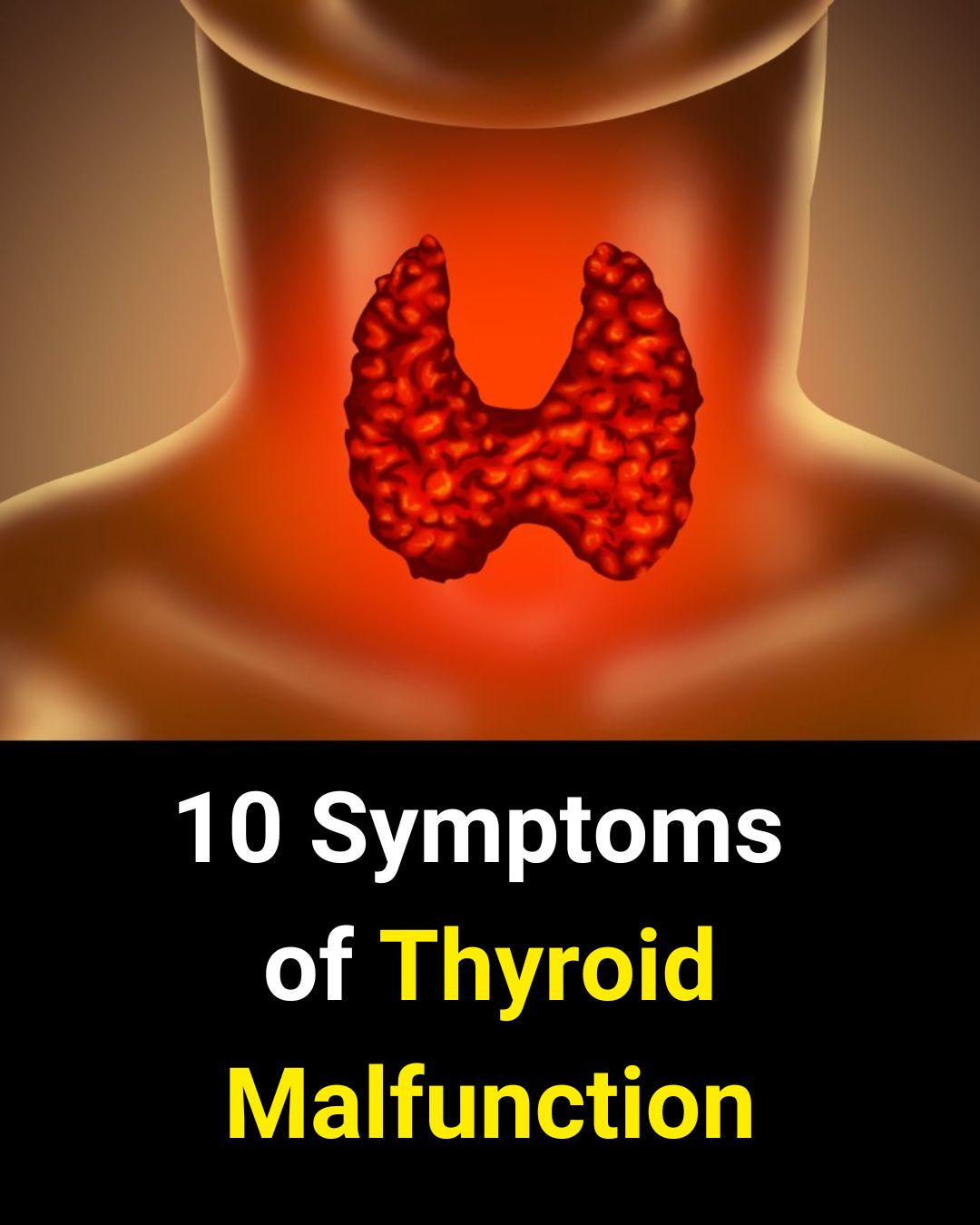3. Poor bowel function
Thyroid hormones help regulate bowel motions.  An underactive thyroid can cause constipation, whereas an overactive thyroid might result in frequent bowel motions.
An underactive thyroid can cause constipation, whereas an overactive thyroid might result in frequent bowel motions.
4. Sudden depression or anxiousness.
If you’ve been feeling anxious or unsteady lately, your thyroid gland may be acting up. Overproduction of thyroid hormones stimulates the brain, making patients uneasy or anxious. Underproduction of hormones has the opposite effect, making patients feel melancholy and fatigued.
5. Extreme cold or extreme perspiration.
The thyroid gland functions as a thermostat for our bodies, regulating body temperature. If hormone production increases, so does the body’s metabolism, causing people to feel overheated and sweat. A thyroid hormone shortage in the body may cause the patient to have low body temperatures and an intolerance to cold.
6. Sudden weight loss or gain.

Thyroid hormones regulate the body’s metabolism. Too little thyroid hormone production can dramatically slow down your metabolism and calorie-burning capacities, causing you to gain weight, but too much thyroid hormone can cause you to drop a few pounds unexpectedly.
7. Irregular menstruation
If you’re having difficulties with your menstruation, an underactive thyroid could be the blame. A lack of hormones causes your periods to be longer or irregular, whereas an excess of hormones causes your periods to be lighter or farther between.
8. Confusion or difficulties concentrating.
If your thyroid does not operate properly, neither will your brain. An underactive thyroid can lead to memory loss, whilst an overactive thyroid can create focus issues.
9. Pain or swelling in the neck.

Thyroid hormone overproduction and underproduction can both cause gland enlargement, giving the neck a bloated appearance.
10. Changes in cardiac rhythm.
Underproduction of thyroid hormones can cause your heart to beat slowly, whereas hyperthyroidism causes it to beat quickly.

